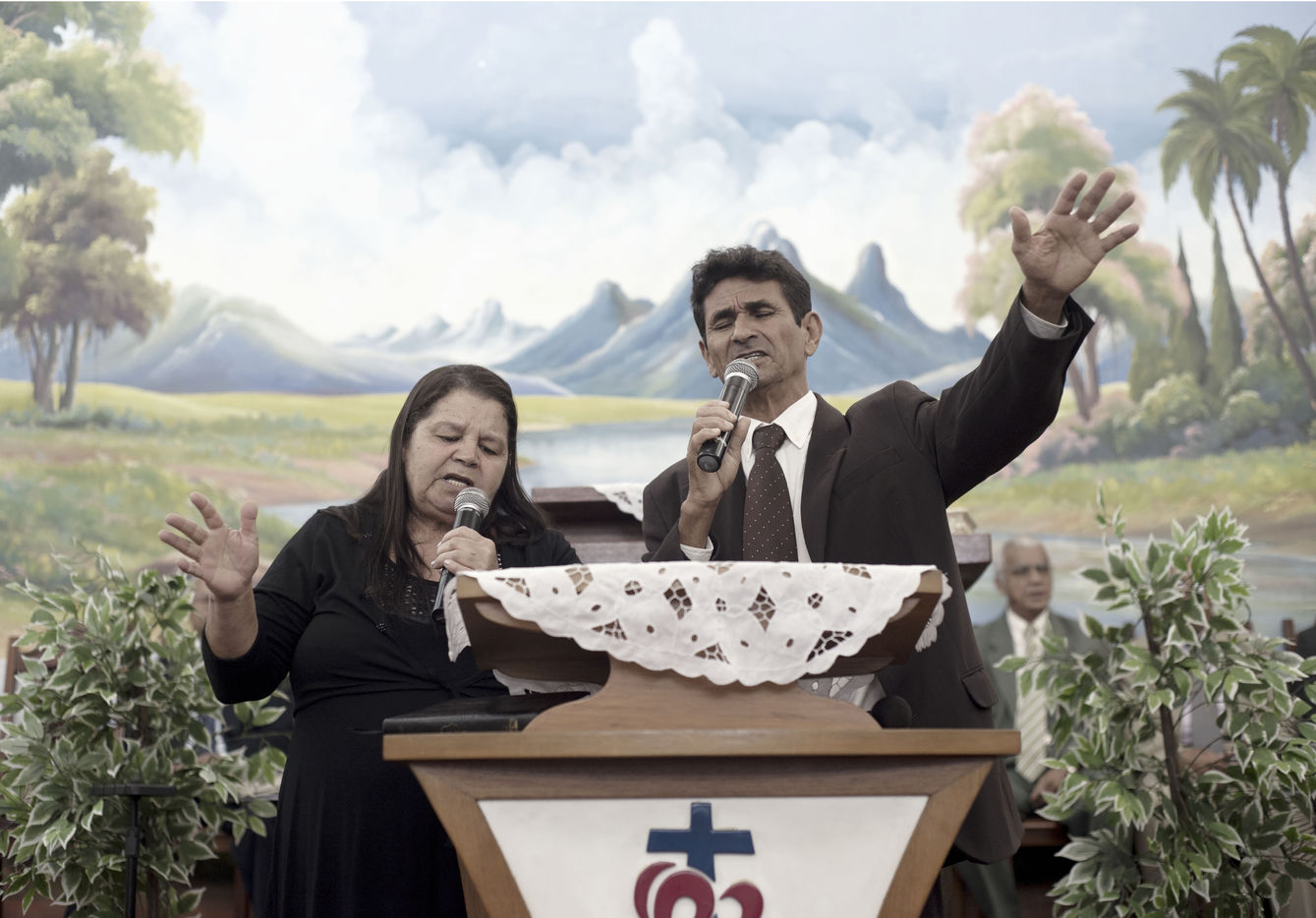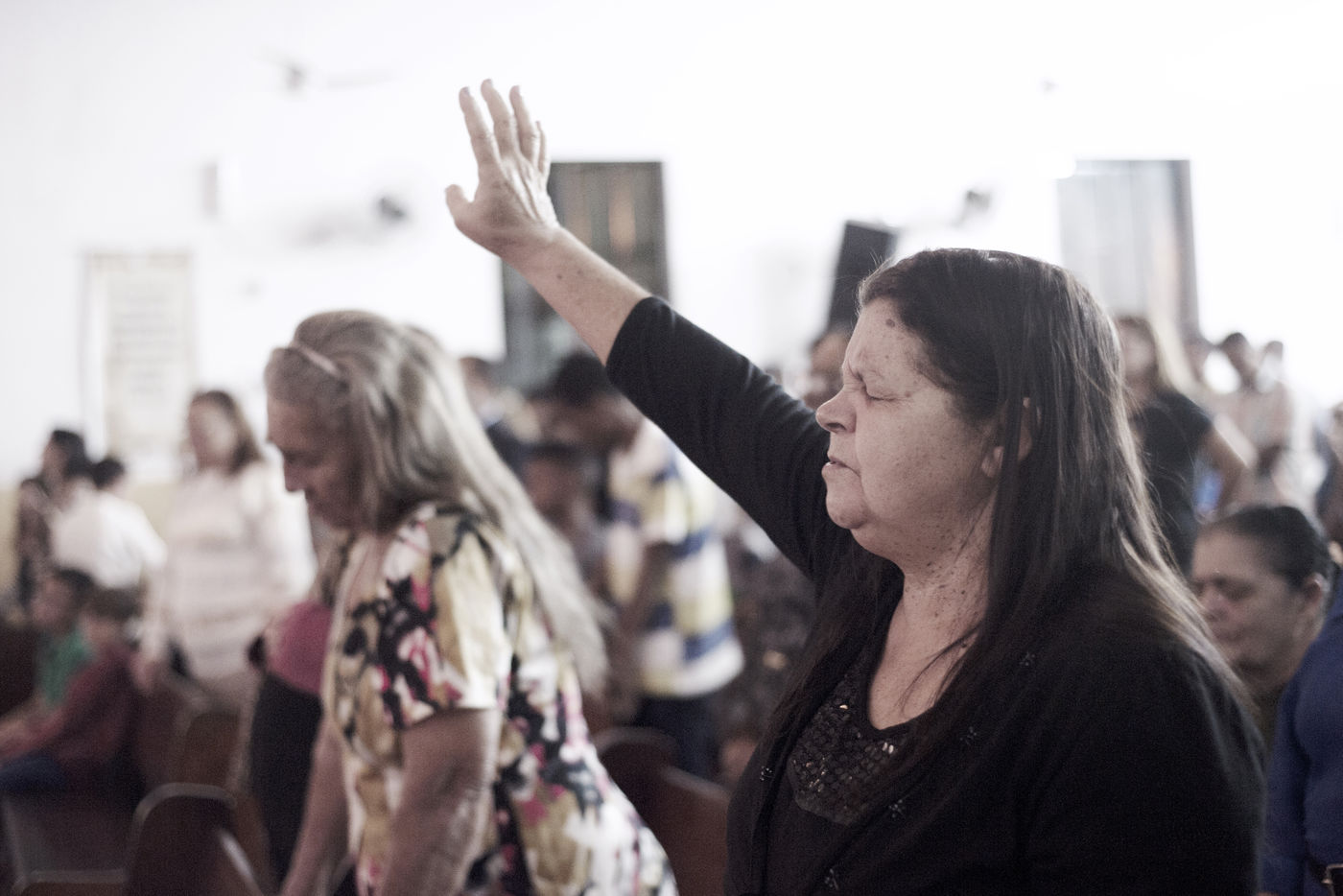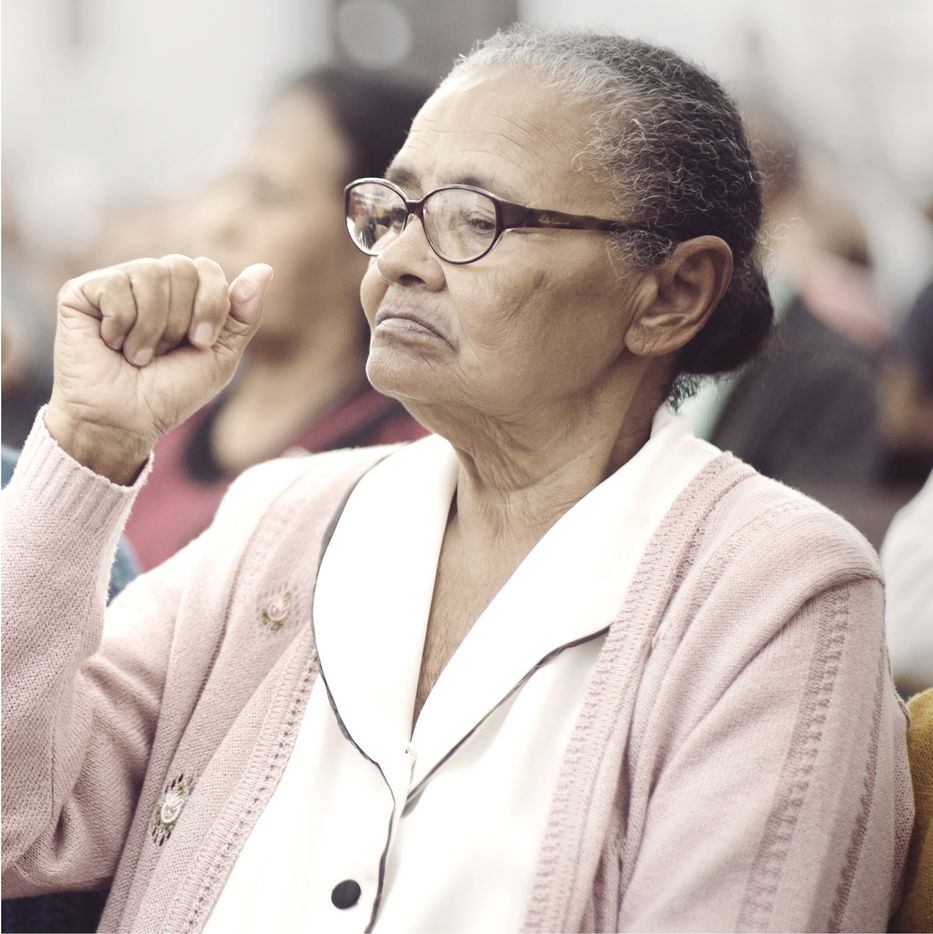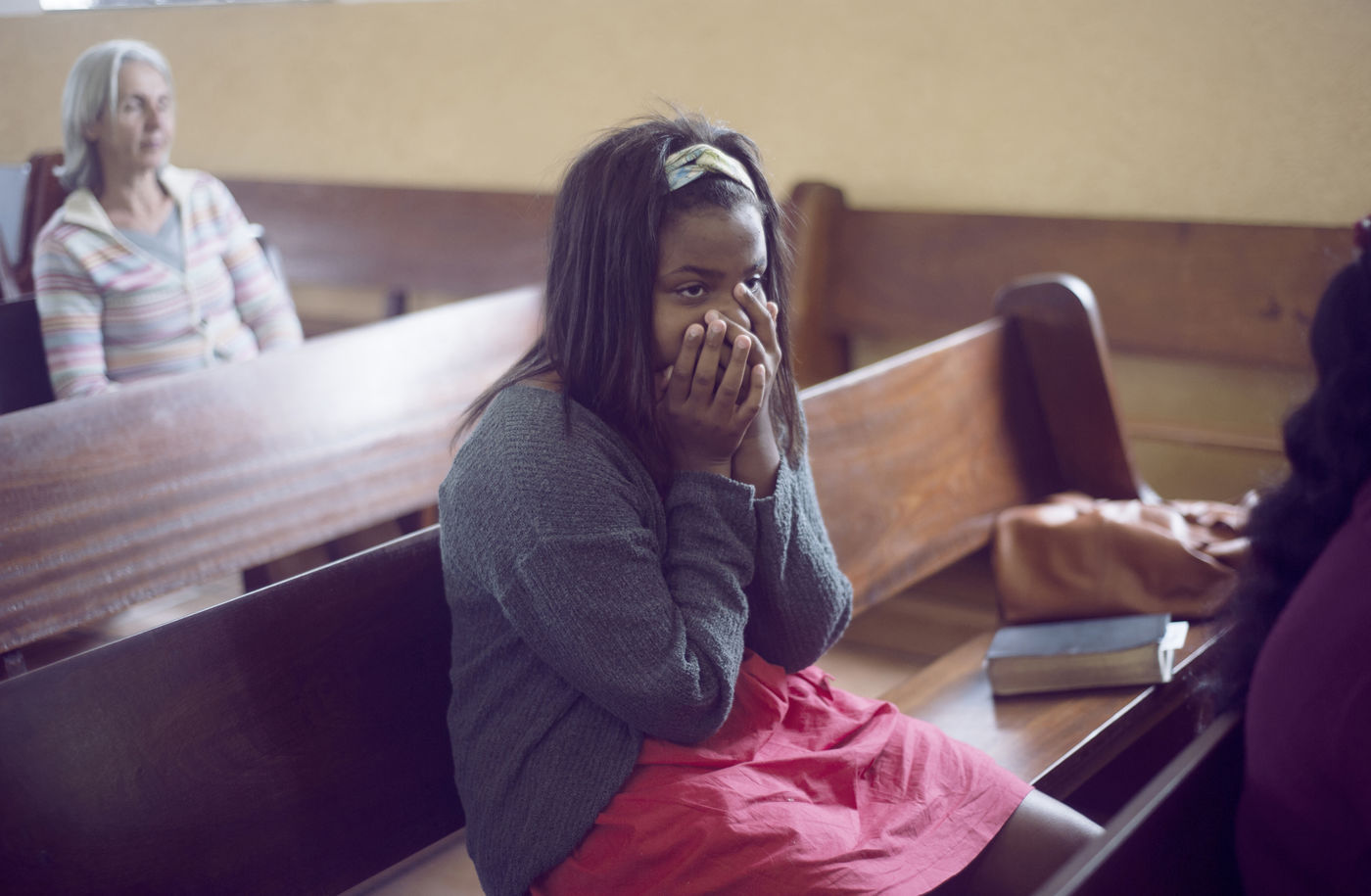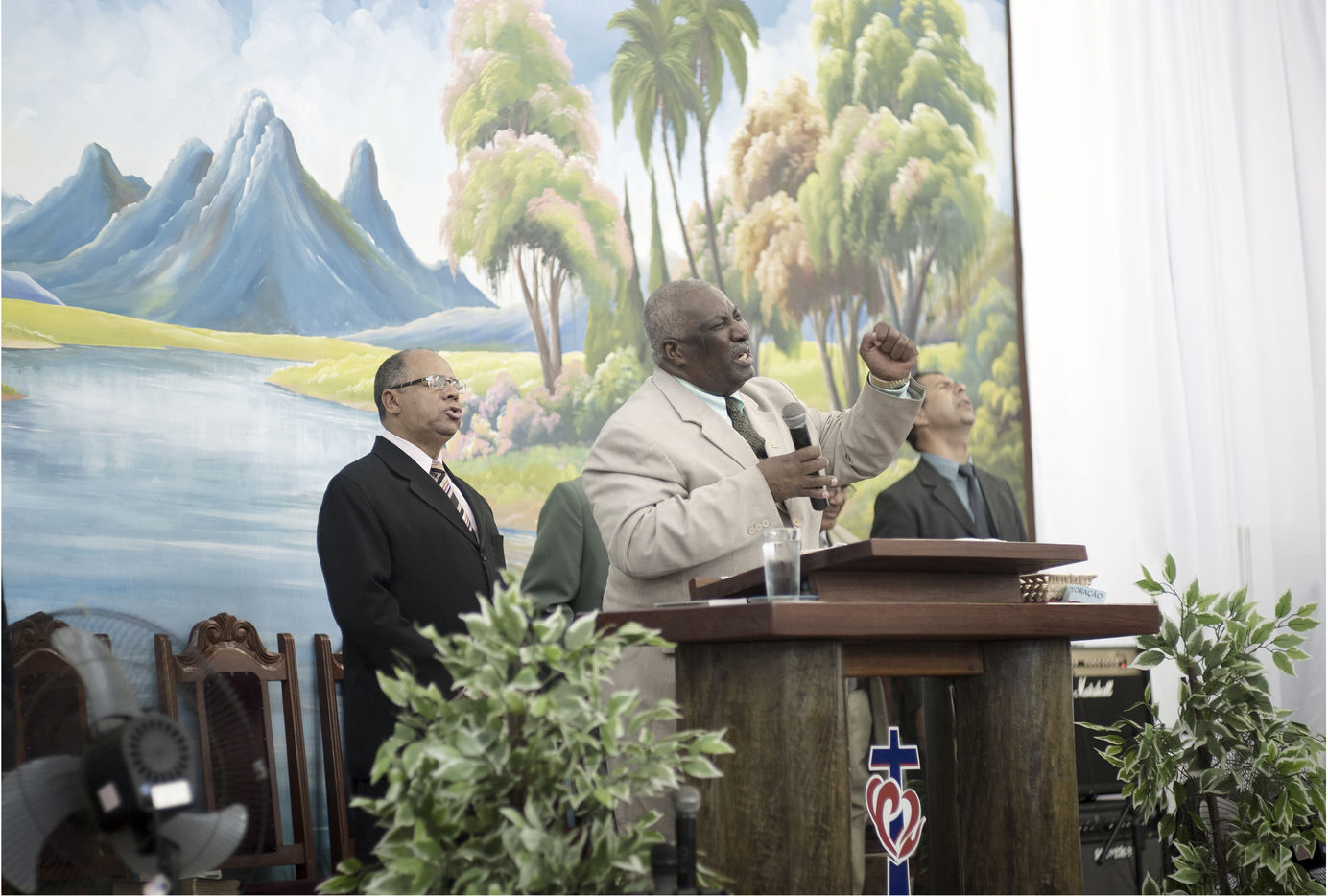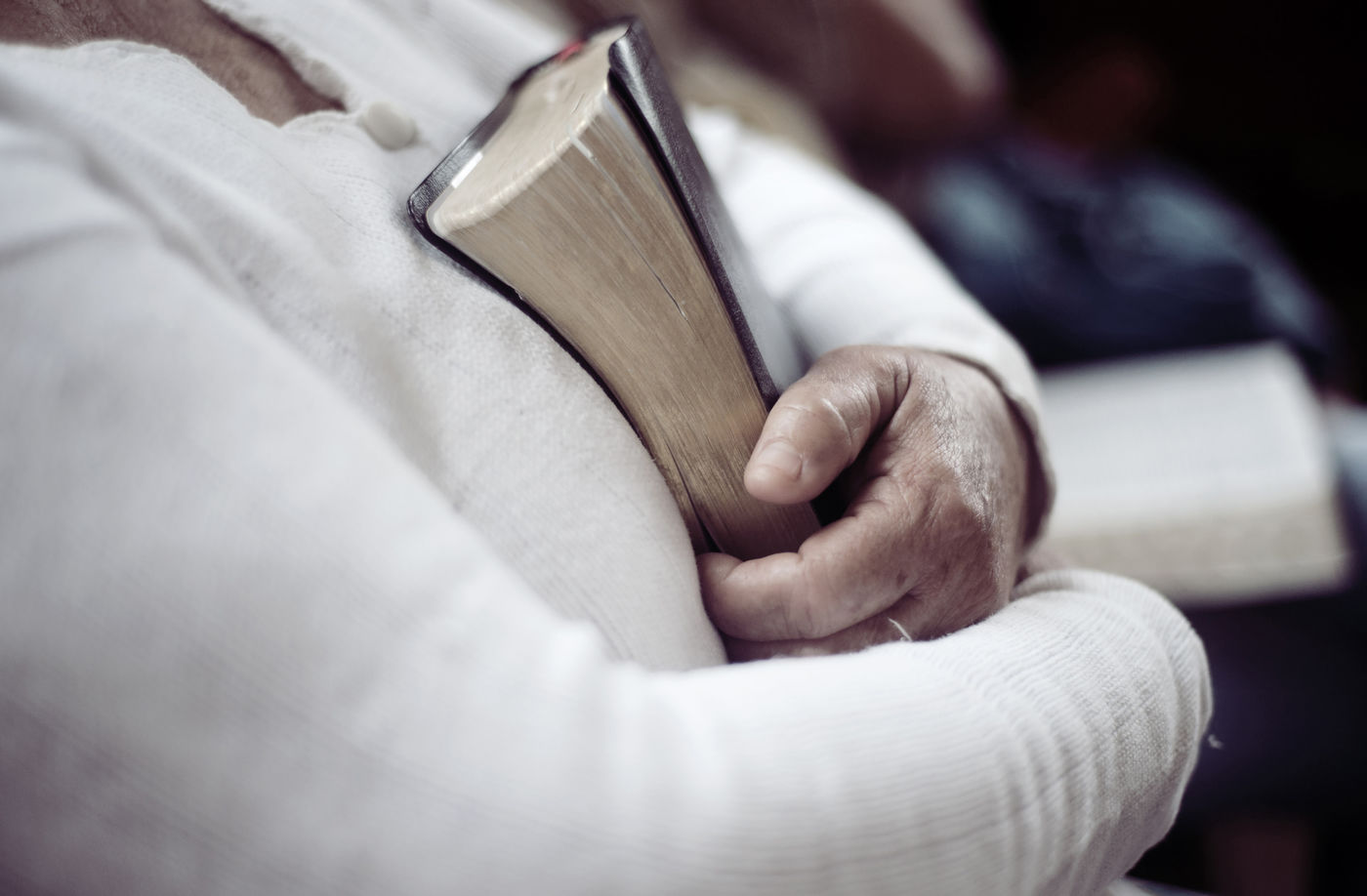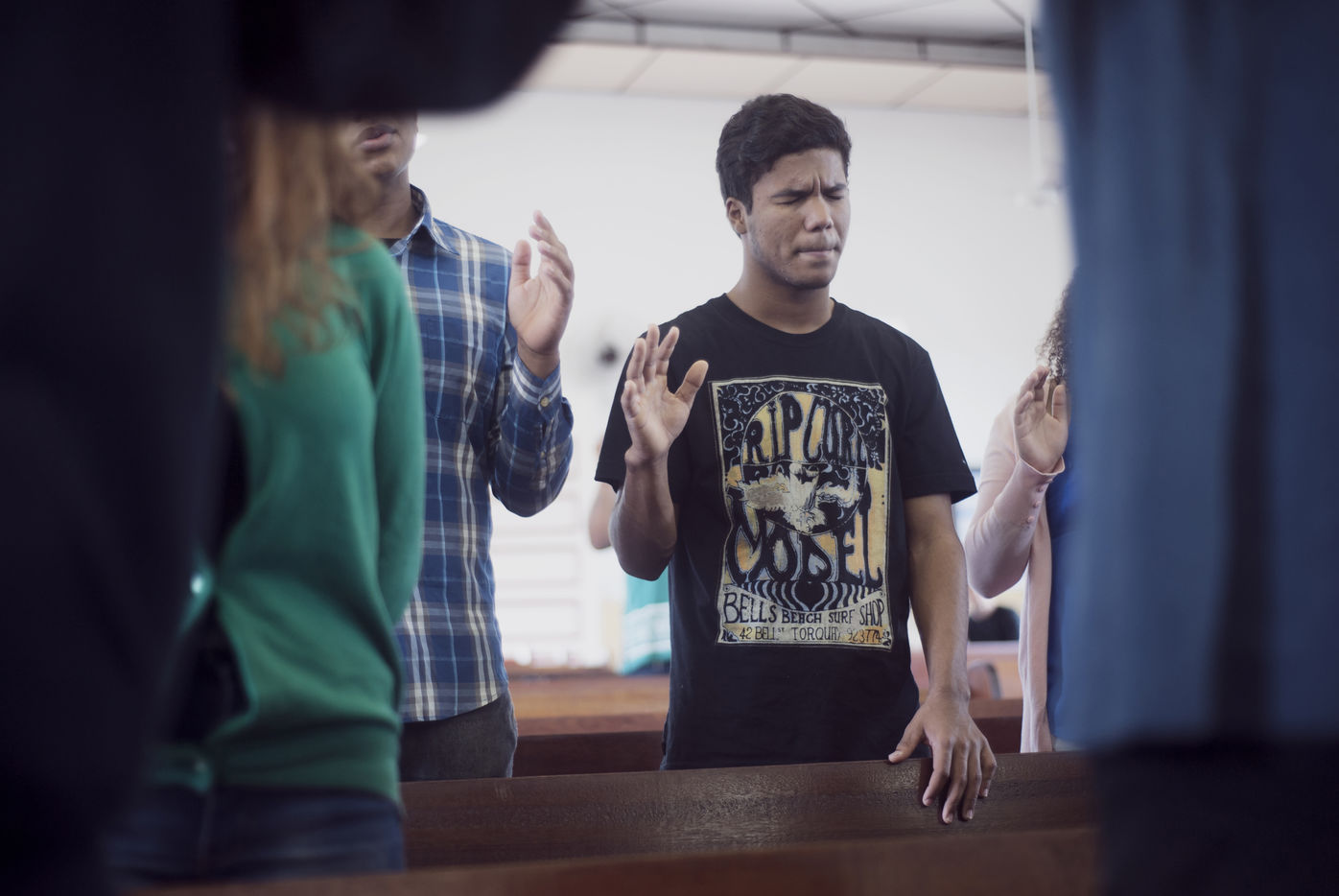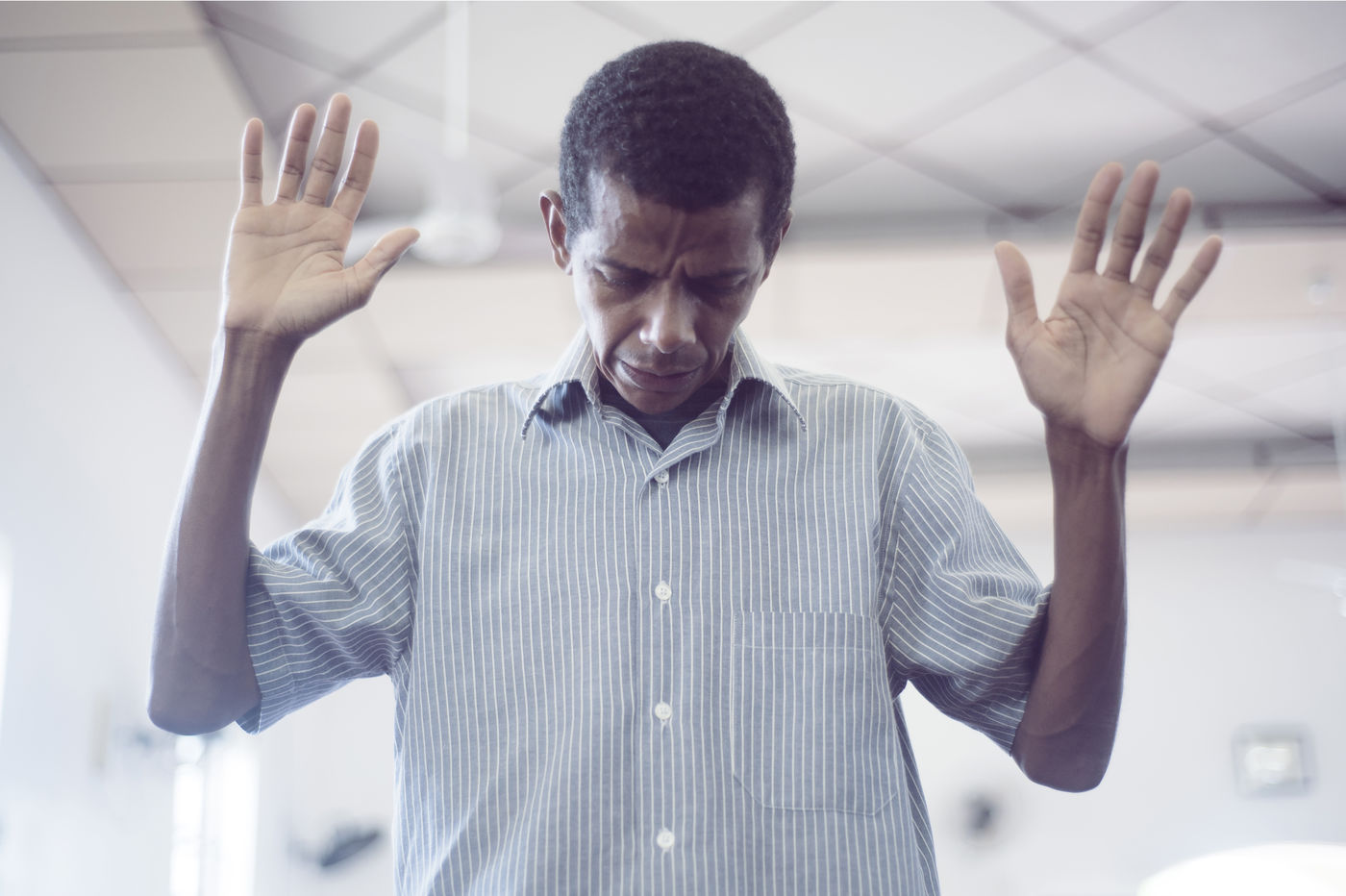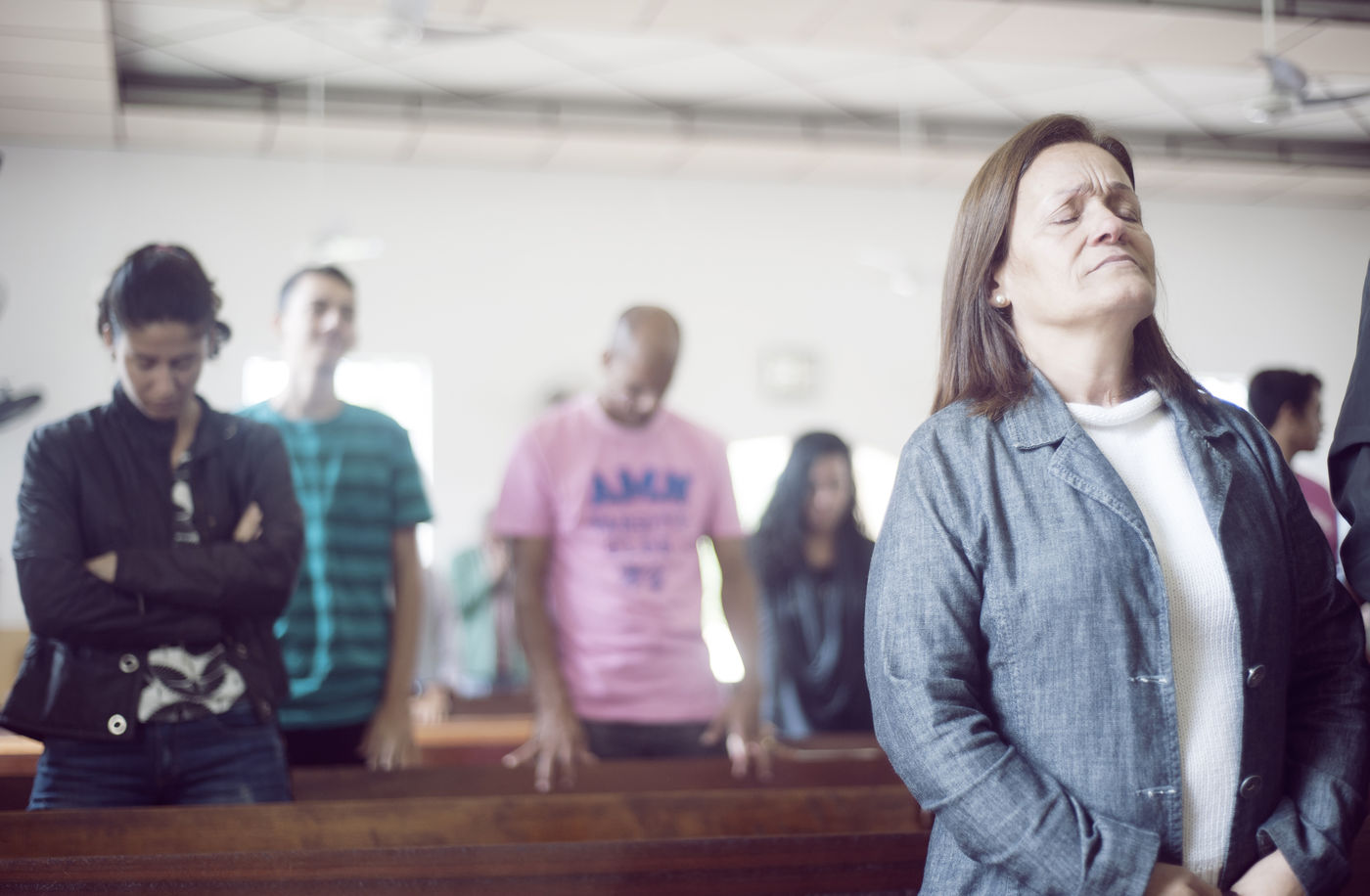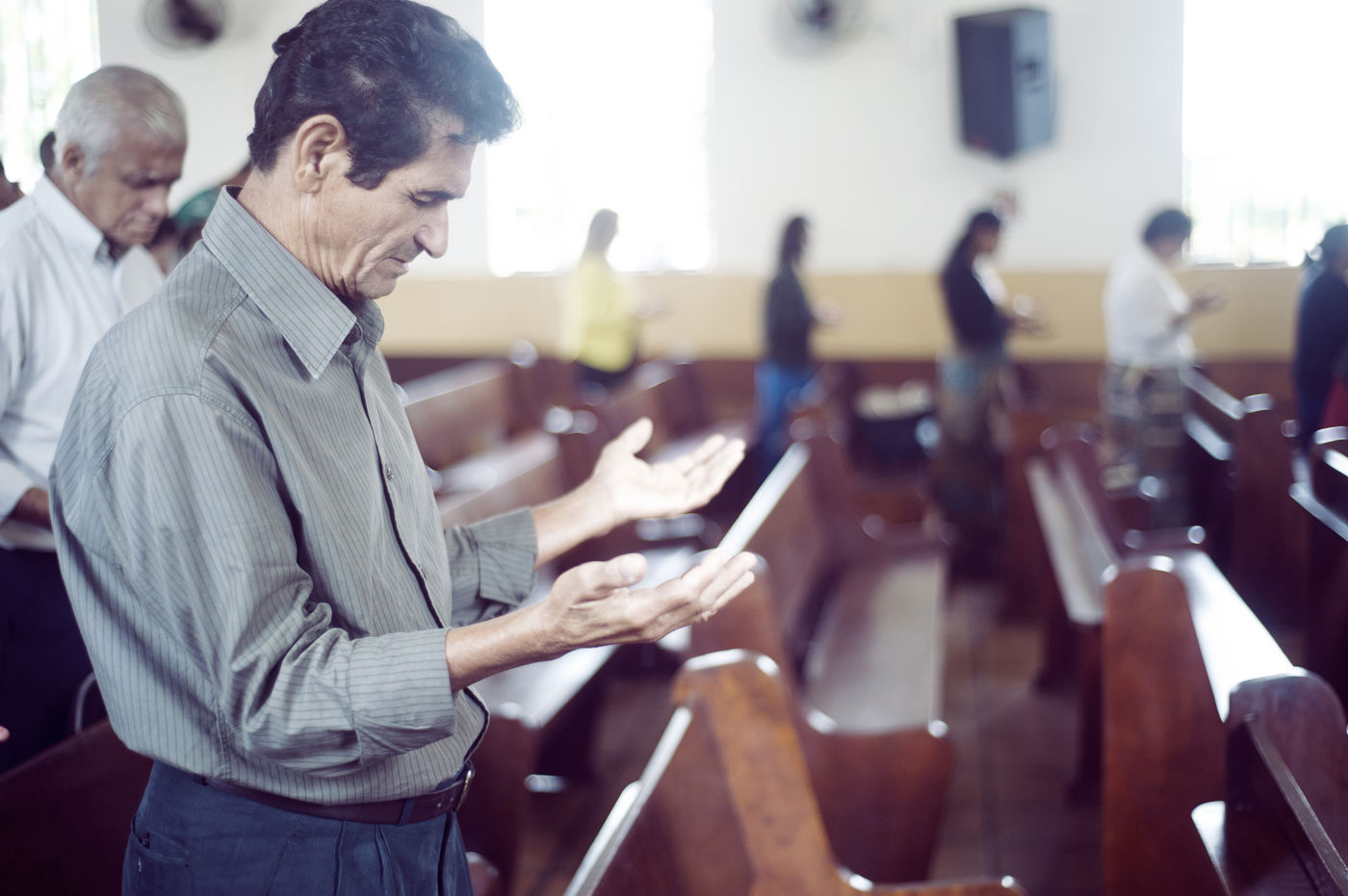LE MONDE EST MA PAROISSE
Le plus grand pays catholique du continent a bien changé. 9 Brésiliens sur 10 étaient catholiques en 1970. Ils ne sont plus que la moitié des 200 millions d'habitants du pays, selon une enquête de l'institut de sondage Datafolha publiée en décembre 2016. Les évangéliques, eux, sont passés de 2 % en 1940 à 29 %. Le Brésil est désormais le deuxième pays évangélique au monde après les Etats-Unis.
L'expression "réveil évangélique" semble avoir été utilisée en Gran Bretagne à partir du milieu du XVIIIesiècle pour désigner l'éveil religieux mené par les Wesley, puis, plus tard, les partisans du réveil se sont donné le nom d'évangéliques.
A la fin du XIXe siècle, l'expérience évangélique personnelle de la conversion devenait un élément central de toute pensée et action évangéliques. Au sein des principales Eglises protestantes (réformées, méthodistes, etc.), en particulier dans le monde anglophone, des oppositions et des divisions ont commencé à se cristalliser autour de catégories telles que "libéral", "conservateur", "évangélique" et "fondamentaliste" dans les premières décennies du XXesiècle.
Les Eglises évangéliques ont connu une croissance exponentielle au cours de la seconde moitié du XXe siècle et continuent d'afficher une grande vitalité, en particulier dans les pays du Sud.
THE WORLD IS MY PARISH
The continent's largest Catholic country has changed. 9 out of 10 Brazilians were Catholic in 1970. Now they are only half of the country's 200 million inhabitants, according to a survey by the Datafolha polling institute published in December 2016. Evangelicals, meanwhile, have risen from 2% in 1940 to 29%. Brazil is now the second largest evangelical country in the world after the United States.
The term "evangelical revival" seems to have been used in Britain from the mid-18th century onwards to refer to the religious awakening led by the Wesleys, and then later on, the revivalists called themselves evangelicals.
By the end of the 19th century, the personal evangelical experience of conversion was becoming a central element of all evangelical thought and action. Within the mainline Protestant churches (Reformed, Methodist, etc.), especially in the English-speaking world, oppositions and divisions began to crystallise around categories such as "liberal", "conservative", "evangelical" and "fundamentalist" in the early decades of the 20th century.
Evangelical churches grew exponentially in the second half of the twentieth century and continue to show great vitality, particularly in the South.
Translated with www.DeepL.com/Translator (free version)
